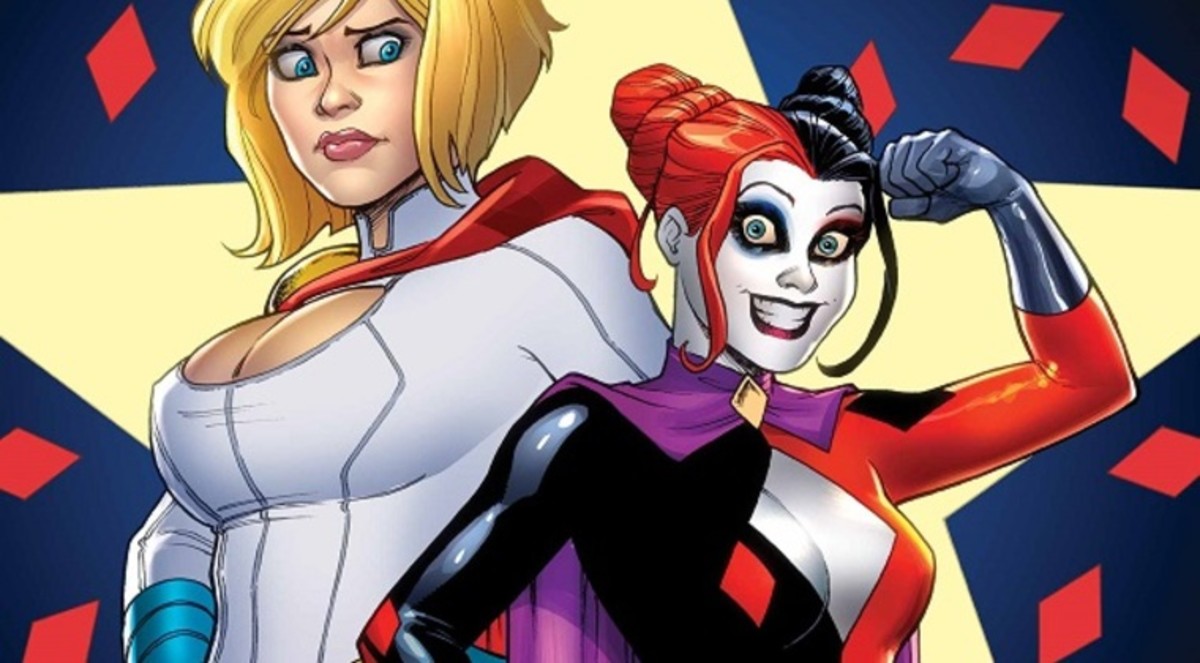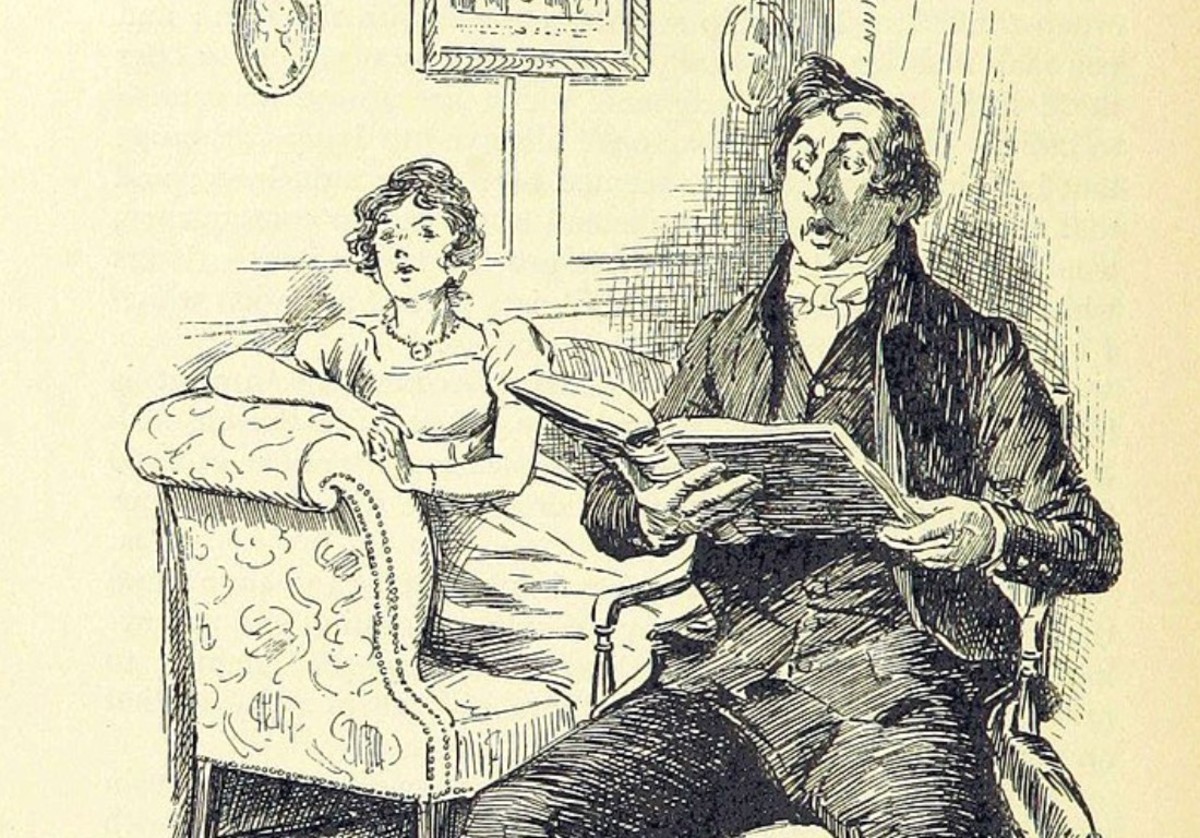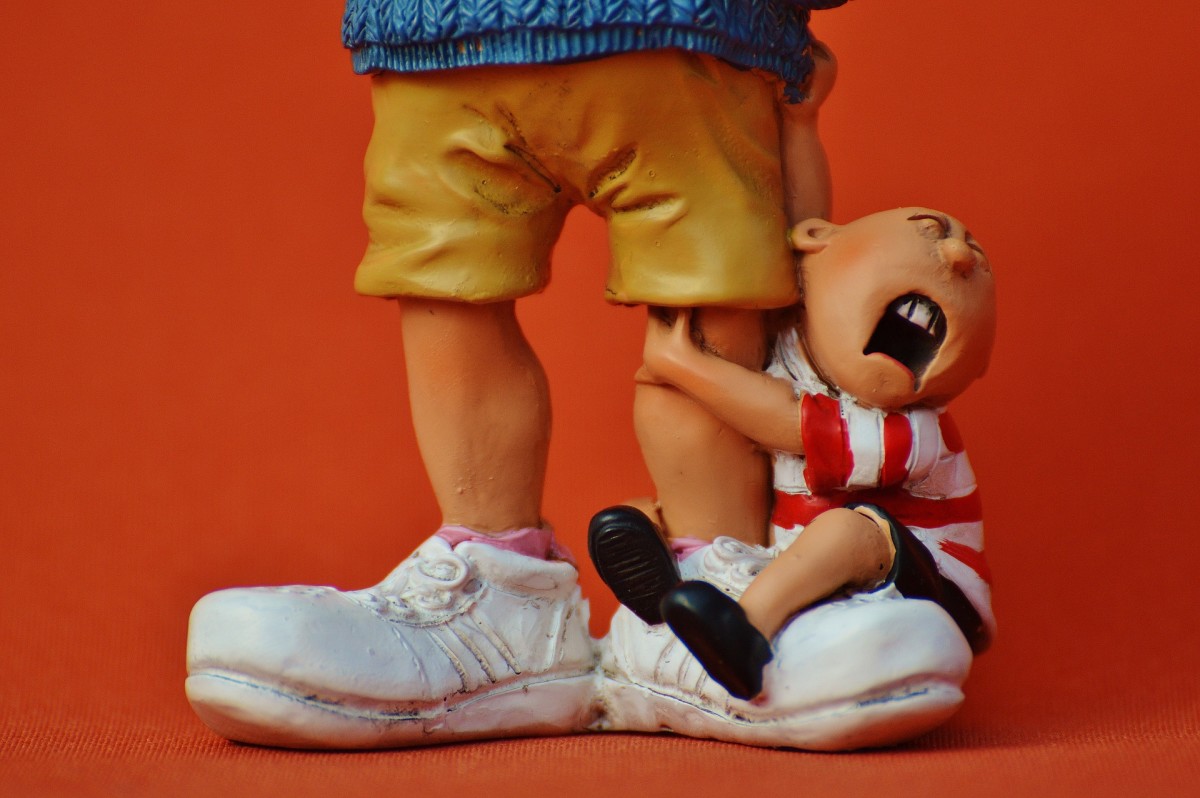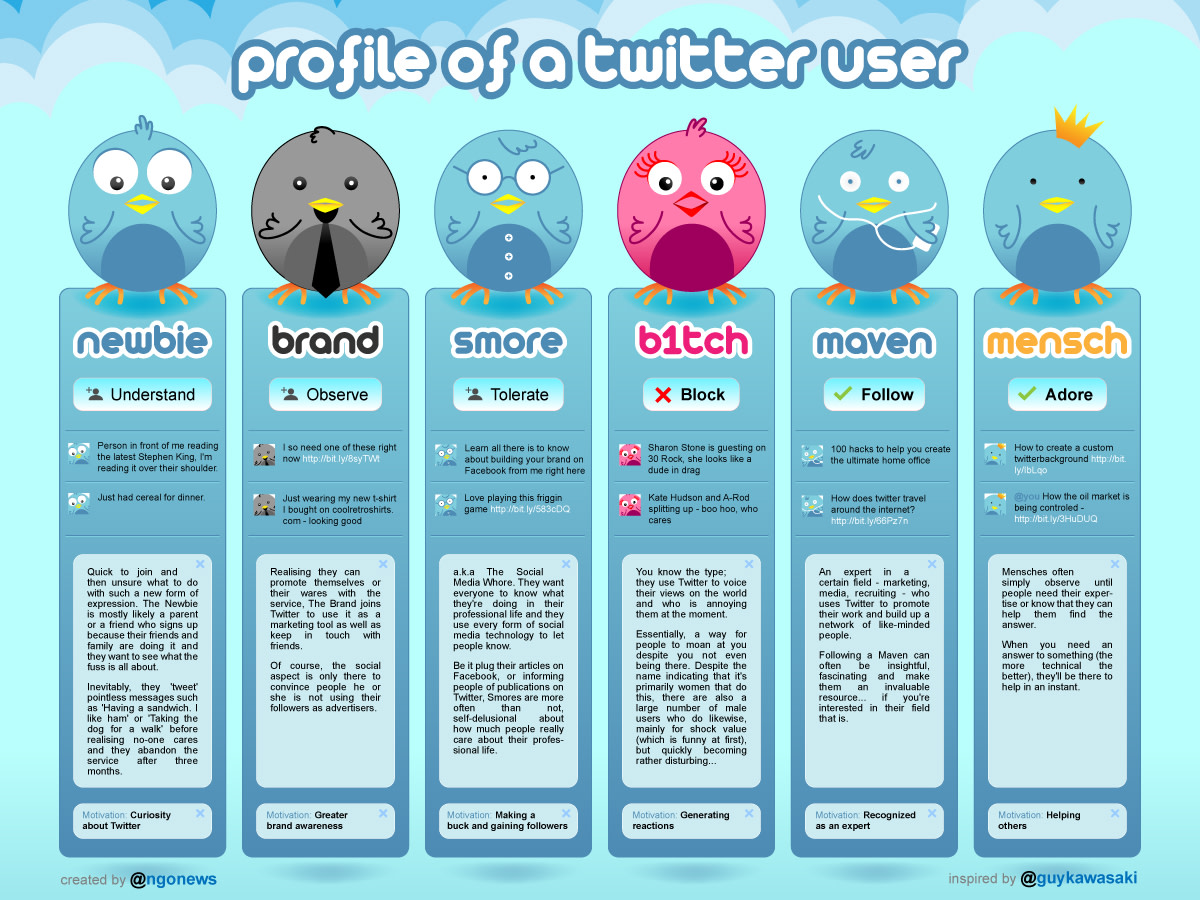Is the Female Perspective Relevant?
The Evolution of the Female Protagonist and Gender Roles in the 19th Century
During the19th Century there were several roles and expectations for women. These expectations included “the angel in the house” concept and the concepts of women’s submission to men. Women were expected to marry and their places were in the home; their jobs were being mothers and housewives. But, as these women stepped outside their expected gender roles and wanted more fulfilling lives, they evolved into a new type of woman. It started with Elizabeth Bennet in Jane Austen’s Pride and Prejudice wanting to marry for love and not stature, she was a new woman before her the concept was even coined. Then Jane Eyre wanted a situation in life, not just be a housewife; Nora leaves her family in search of something more, and in Gallia the female protagonist became the female counterpart of masculinity and decided that she would look at men as they looked at her, for breeding purposes. The evolution of these women caused some dramatic change in the way they were used to be seen.
Pride and Prejudice is a novel about a woman who is sassy for her time. Elizabeth Bennet spoke her mind and refused to marry for stature, she would rather marry for love. She is expected to have a husband so that she can then fulfill her duties as a wife, cooking cleaning and having children. When asked by Mr. Collins for her hand, she flat out refused even though her mother wanted her to marry him. Upon her second refusal she tells him, “Upon my word, Sir, your hope is rather extraordinary one after my declaration. I do assure you that I am not one of those young ladies (if such young ladies there are) who are so daring as to risk happiness on the chance of being asked a second time. I am perfectly serious in my refusal.—You could not make me happy, and I am convinced that I am the last woman in the world who would make you so” (Austen 62). The audience knows that Elizabeth needs to marry because there are no brothers she can count on to keep the family estate if her father should die; but she is determined to be happy in a marriage. When the female evolves again she decides she wants more than a man, she wants a situation and her own wages.
Jane Eye, the next phase of the evolutionary female had been sent off to school because she does not conform to the ideas that her aunt has for her. The family expects her to be seen and not heard like the other woman of this time period. Yet, when she goes to Lowood she eventually becomes a teacher and earns her own money and when she meets Rochester she becomes almost as his equal. She learns to conform to the ideas that society has made for her yet she stands above them also, she controls her passion but uses it now to help herself. She says, “Women are supposed to be very calm generally: but women feel just as men feel; they need exercise for their faculties, and a field for their efforts as much their brothers do (Bronte 109). By making her own path Jane Eyre is evolving and the next phase of the “new woman” is setting family social expectations aside for what she wants from life as Nora in A Doll’s House did.
Nora is supposed to be “the angel in the house.” She is the pretty housewife that keeps the house neat and clean and has children and can’t have sweets. She also however makes time to do the things she wants. She borrows money which is something she is not supposed to do. She has made sacrifices for her husband and family she became what her husband wanted her to be but, she was fed up. Nora left her family to pursue her own happiness she was not going to be the doll anymore. She tells her husband, “Our home has been nothing but a playroom. I have been your doll wife, just as I was papa’s doll child; and here the children have been my dolls,” and then she tells him, “I must try to educate myself—you are not the man to help me in that. I must do that for myself. And that is why I am going to leave you now” (Isben 67). Nora has walked away to do as she pleases and with her walking out she evolves as the educated “new woman” who does not need a man but perhaps wants one for another purpose other than marriage.
Gallia is the final phase of the “new woman” in this era. She has went to school and become a masculine female counterpart to man. She is educated and outspoken and opinionated. She is seen by Dark Essex as sort of misplaced and put together wrong. He tells Gallia that she has the appearance of the perfect woman because she is very pretty, yet she has been ruined by her education and worldliness. Gallia is not put down by this she knows who she is. She is logical and reasonable and so she pushes her feelings down for Essex and decides that she will marry but, it will not be for love. Gallia wants to be a mother and so she chooses a man that will best breed her kind of child she wants, one that is healthy and strong. She evolves as the “new woman” independent of needing a man except to give her children. When asked by Gurdon to marry him, she tells him to skip the speech because she has already chosen him. She also tells him that she does not love him and that, “I have only yearned to be a mother-I can’t explain and say more about it than that, even to you; I have wanted the father of my child to be a fine, strong, manly man, full of health and strength. A man who is a man, whose faults are manly; who has never been better than a mere man in all his life” (192). In all truth Gallia chooses Gurdon because he will breed good and healthy children with her. She has no need for a wealthy man or need to marry to gain wealth for she is an only child and has her own money therefore, it is her that can do the choosing of the mate. Gallia is more conscious of herself than previous women before, she is the in-between woman that has emerged from the good and bad girl. She is the good bad girl and uses logic.
In the evolutionary process the female protagonists has not yet finished evolving, she has just begun. She may have started with just marrying for love and decided that she wanted more than a husband, children as and a situation. But, then she decided that she wanted to live her own life and to be educated as any man. And so far in this period she has expanded her mind and thought more logically about what she wants out of life. She has put her life in to perspective and realizes that there is more than one kind of woman and that she can be them all.
Female Sexuality and Virtue in 19th Century British Literature
During the 19th Century the women of this era were expected to be chaste and pure until they were married. If a female engaged in sexual activity with a male they were expected to marry that person. Even if it were mere thought that the woman had done such a thing and she may have not, she still would have been viewed as unchaste or looked down upon by the community. In the novels of Mill on the Floss and Pride and Prejudice and the poem Goblin Market there are cases where a woman’s sexuality/virtue is threatened. The women of these works have different views on each of their situations but each of them had to suffer because of what has happened to them.
In Georg Eliot’s Mill on the Floss young Maggie Tulliver has put her virtue in danger by staying overnight with Stephen Guest. Even though the two never engaged in sexual activity it was of no consequence to the community and their families. Stephen tells Maggie, “You are mine now—the world believes it—duty must spring out of that now” (478). It did not matter that Stephen and Maggie didn’t have sex, what mattered was how the community would and so on would see the situation. Upon Maggie’s return home her brother Tom tells her, “You have disgraced us all” and “You don’t belong to me” (484). Tom has disowned Maggie for not marry Stephen because she put her virtue in jeopardy just by being alone with him. Although Maggie suffered greatly for her actions she was not forced to marry Stephen as Lydia Bennet had to marry Wickam in Pride and Prejudice.
Lydia Bennet is a young flirtatious girl in Jane Austen’s Pride and Prejudice. She has ran off with Wickham and made a mockery of her family. Mrs. Bennet tells her brother, “Find them out, wherever they may be; and if they are not married already, make them marry” (156). It did not matter whether Lydia and Wickham loved each other or if they were intending to get married, in the eyes of the community the rightful thing was for them to marry, no if and or buts. Mary Bennet said in the case of her sister, “Loss of virtue in a female is irretrievable—that one false step involves her in endless ruin—that her reputation is no less brittle than it is beautiful,--and that she cannot be too much guarded in her behaviour towards the undeserving of the other sex” (157). Women were expected to not to involve themselves in situations that could taint their reputations and if they did they either had to get married or suffer the stares and talks of the community, sometimes they were disowned. At points in such novels seduction was just too sweet as it is in the poem Goblin Market.
As two sisters are walking each day they are tempted by the sweet aphrodisiac fruits of goblin men. One of the sisters is weaker and she eventually gives in as they call to her “come buy come buy” (ln. 4). But, when Lizzie tells Laura “Their offers should not charm us/ Their evil gifts would harm us” Laura does not listen to her sister’s warning (ln. 65-66). Once Laura has given in she thirsts for the fruits even more. She grew sick and no longer did her chores and the only way she gets well is by her sister’s sacrifice of getting more fruit for her. The lesson of this poem is that once a woman has been tempted and the seduction is successful she can no longer go back to being the same person she was before unless she makes great sacrifices. Overall, the women of these tales are supposed to be chaste and pure but, women were seduced all the time during this era and whether they give in willing or not or even suspected of impurity they are caste down.








